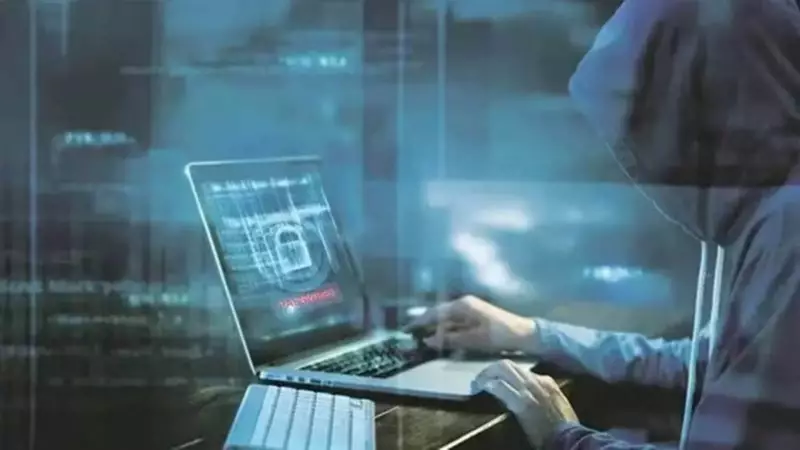
Supreme Court Lawyers Seek to Assist in Digital Arrest Cases
The Supreme Court Advocates on Record Association (SCAORA) has formally approached India's highest judicial authority, requesting permission to contribute legal expertise in a crucial case concerning the alarming rise of digital arrests across the nation. The legal body has filed an application to be impleaded as a party in the ongoing suo motu proceedings, emphasizing the severe threat these cybercrimes pose to fundamental rights.
Alarming Statistics and Constitutional Concerns
In its plea, the SCAORA highlighted a colossal increase in cyberfraud incidents, stating that such cases have escalated dramatically and are gravely undermining the citizens' fundamental right to personal liberty under Article 21 of the Constitution. The association pointed to official data to underscore the scale of the problem.
The application cited a press release from the Ministry of Home Affairs dated March 25, 2025, which revealed shocking figures. According to the release, the Indian Cyber Crime Coordination Centre (I4C) had identified and blocked 3,962 Skype IDs and 83,668 WhatsApp accounts that were being used specifically for orchestrating digital arrests.
Furthermore, the plea stated that until February 28, 2025, the Government of India had blocked more than 7.81 lakh SIM cards and 2,08,469 IMEIs based on reports from police authorities. These numbers paint a stark picture of a widespread and organized cybercrime network operating within the country.
A Victim's Story: The Human Cost of Digital Fraud
The lawyers' body provided a concrete example of the devastating impact of these crimes, detailing a representation received by its president, advocate Vipin Nair. The case involved a 72-year-old member of the association who fell victim to a sophisticated digital arrest scam.
The elderly woman was defrauded of nearly Rs 3.29 crore, which represented her life's savings. Despite some arrests being made in connection with the crime, the recovery process has been painfully slow and inadequate. Authorities have managed to retrieve only Rs 13.5 lakh so far.
The investigating agency reported significant hurdles, including jurisdictional challenges, a lack of manpower, inter-state coordination issues, and the use of foreign-linked phone numbers. These complications have left the victim, who should be enjoying her retirement, running from pillar to post seeking justice and compliance.
The Path Forward: Legal Intervention and Systemic Challenges
The SCAORA's move to intervene in the Supreme Court case represents a significant step in the legal community's response to the digital arrest epidemic. By seeking to assist the court, the association of advocates aims to bring its specialized legal knowledge to bear on a problem that combines complex technology with fundamental constitutional law.
The case highlights the growing challenges law enforcement faces in tackling cybercrimes that easily cross state and national borders. The issues of jurisdiction, coordination between different police forces, and the technical sophistication of criminal networks require a robust and coordinated response from both the judiciary and the executive.
As the Supreme Court considers this application, the outcome could set important precedents for how India's legal system protects its citizens in the digital age and holds accountable those who use technology to undermine constitutional guarantees.





